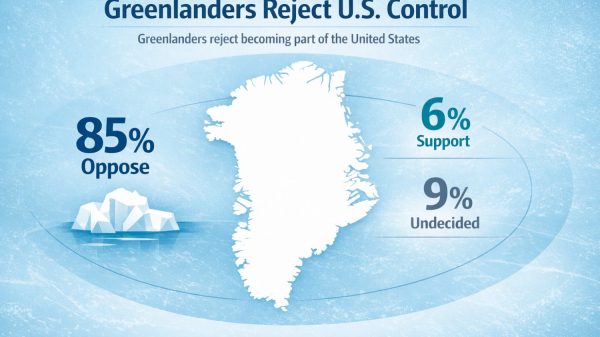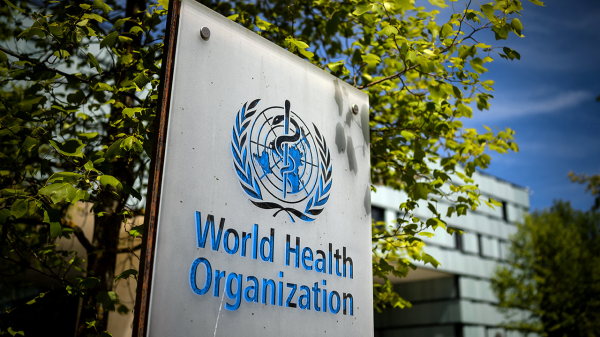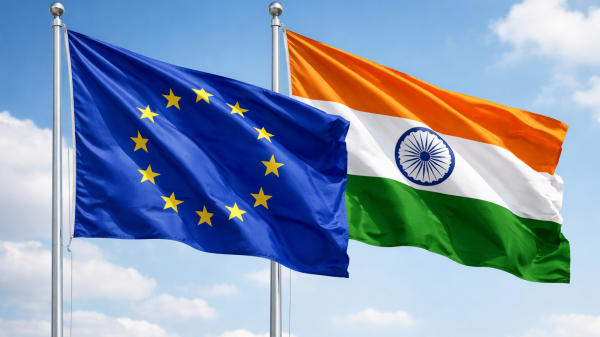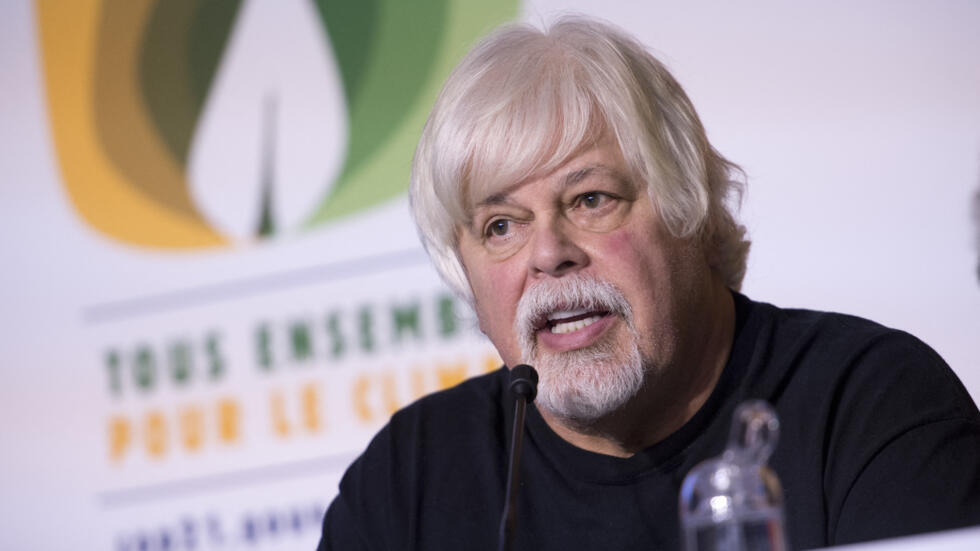Canadian-born environmental activist Paul Watson, co-founder of Greenpeace and founder of the Sea Shepherd Conservation Society, has spent nearly 100 days in a Greenlandic prison, awaiting a crucial decision that could determine the rest of his life. The 73-year-old veteran of anti-whaling campaigns is being held while the Danish Ministry of Justice deliberates on whether to extradite him to Japan. Watson is wanted by Japan for his involvement in a 2010 anti-whaling protest, an action he dismisses as a “minor misdemeanor.”
Watson’s long-standing activism has made him both a hero to environmentalists and a controversial figure for governments that view his tactics as extreme. In 2010, he led a Sea Shepherd campaign against Japanese whaling in the Southern Ocean, an operation that escalated into a confrontation with a Japanese vessel. The incident triggered Japan’s ongoing pursuit of Watson, resulting in an international arrest warrant that, in Watson’s view, should have expired by now.
For nearly 14 years, Watson managed to travel freely across borders, passing through Ireland, Switzerland, Monaco, France, and the USA without issue. His arrest came unexpectedly in July 2024, when Greenlandic police detained him during a routine ship refuelling stop at Nuuk port. His detention in Greenland, an autonomous territory of Denmark, thrust him back into the international spotlight.
Watson has since expressed grave concerns about his future, particularly if he is extradited to Japan. He told reporters recently that he fears for his life, believing that his age and health make imprisonment in Japan a potential death sentence. “I don’t think I will survive if I am sent to Japan,” he said, emphasising that his charges from the 2010 incident are disproportionate to the risk of being extradited.
Watson’s arrest has reignited debates about the balance between environmental activism and legal consequences. His supporters argue that Japan’s pursuit of Watson is politically motivated, aimed at silencing a long-time critic of its controversial whaling practices. Japan officially halted commercial whaling in 2019 but resumed the activity under the guise of scientific research, a practice that organisations like Sea Shepherd have long opposed.
As Watson’s fate hangs in the balance, the courts in Greenland are set to rule today on whether his detention will continue. The decision will not only affect Watson’s immediate future but also shape the broader discussion on the intersection of environmental activism and international law. For now, Watson remains in a Greenlandic prison, awaiting the Danish Ministry of Justice’s final say on his extradition. Whether he is extradited to Japan or granted release, his decades-long fight for marine life conservation continues to stir global controversy and admiration in equal measure.














































